Below are some summaries of the best books I read this year (tweet storm version, for those who want shorter summaries…)
In Secular Cycles, Peter Turchin tries to quantify history in "secular cycles" using demographic data. His main point is that as the population expands, wages go down, which increases inequality (as the number of elites increases), which increases social unrest. As a result, this Structural Demographic Theory can predict violence, something we’re seeing in society today.
Put simply, society only has enough room for so many elites. As the class of elites expands, there becomes a growing pressure to find roles for them, so they can keep up with their lifestyles. This, of course, costs a lot for whoever employs them, causing tension as intra-elite competition ensues.
We also haven’t taken into account those less fortunate, since the poor are clearly also in need. The problem arises when the state spends more on the elite than they do other groups, which makes it harder to raise taxes, wages, and more — so if you can’t keep the elite happy and alleviate hunger for the poor, the problems with state funding could lead to its collapse. With wages falling (ie. labor becoming cheaper), there’s the potential for mass mobilization. Paired with overpopulation, we could see a societal breakdown.
The WEIRDest People in the World
Henrich's book on WEIRD (Western Educated Industrialized Rich Democratic) cultures is the best account of the industrial revolution I've read. Once WEIRD-ness gets going, it eats everything in sight, and completely reorders power, norms, and social structures. The main argument is that WEIRD cultures make people more analytical and individualistic than non-WEIRD societies, and their citizens are outliers in terms of our studies of behavioral science. If we generalize about “human nature” only using a subset of the population, we’ll come to incorrect conclusions; this book questions our scientific methods as it relates to behavioral economics, evolutionary psychology, and more while proposing new ways of restructuring our studies.
"The Courage To Be Disliked" is Adlerian psychology meets stoicism, written by a Japanese classics professor who studied Greek philosophy. The book is a fascinating fusion of the three, and a strong counterpoint to Freud and current therapy culture.
While Freud would argue a person’s psychic wounds (ie. trauma) cause their present unhappiness, Adler denies this, positing that we’re not at the mercy of our past, but instead the driver of our own life and future.
The main point is that while trauma and calamity and misfortune may have strong effects on us, we are the arbiters of the relative meaning we give to those past experiences, not the other way around. It’s up to us to take what we experience, rationalize it, and move forward. (More in my thread here)
Inventing the Individual shows how Christianity set the stage for consciousness, agency, and moral equality, going against the broader narrative that Western liberalism emerged as an opposition to the church during the Renaissance. Within, Siedentop posits that the individual replaced families, tribes, and communities as the core of social organization, and that the beginnings of Western liberalism as we know it date back farther than we originally thought.
It’s a dense read, but an interesting argument for how Christianity was foundational to Western liberal thought.
Bottum’s An Anxious Age dives into why our nation is so focused on being on the “right side of history” — why we desperately try to seek validation from others that we are, in fact, morally upstanding citizens of society. He posits that as Mainline Protestant churches dissolved, so too did our sense of unity and meaning. Faced with the post-Darwin necessity to invent new values, we ended up with the exact same values in new clothes — which explains why people act against their own interests: in the religious frame, demanding sacrifice makes a religion *more* attractive.
In A Secular Age, Charles Taylortraces how we became a secular society — not just in how the belief in God & religion as the core source of meaning has moved away from mainstream discourse, but also in how our society has shifted from one where belief in God is the sole source of truth to one where belief in God is one of several options for finding truth. While it’s clear that we’ve become less dependent on religion and God for meaning and truth, what’s less obvious is what these changes mean to our society.
Darwin, Nietzsche, and Marx stripped the world of its cosmic meaning through natural selection, metaphysics, and economics, respectively. Since we could no longer trust external authority, we went inwards to find meaning.
As religion was replaced by other sources of truth, psychology, as Ole Jacob Madsen claims, institutionalized the rise of "your truth." As therapy permeated Western society, more and more people began looking inward for meaning. While the purpose of inner-life used to be to serve society (through contributions to the Church, God, etc.), now the purpose of society is to serve self-actualization. The inner-self used to be the sinner, the liar; now it's the Oracle.
As a result, Madsen demonstrates that psychological solutions often are individual solutions to larger structural problems. Because of this, psychologists and therapists may be hurting the same people they’re trying to help. As our culture normalizes (and even glorifies) individual suffering and therapy as a means of fixing it, it becomes harder to understand which individual problems are truly worth solving. While therapy can be great, it alone cannot solve anything, and it isn’t the appropriate lens by which to view all societal problems.
Building off the idea that Western society has shifted its focus towards the self, Identity by Francis Fukuyama explains how the Hegelian desire for recognition leads to identitarianism and how we can fix the problem of identity politics leading to political divisions. While it’s obvious that human beings have a natural desire to fit in, we used to conform to our external communities; now, instead, we believe our external reality should conform to us.
"I must not tailor my psychological needs to the nature of society, for that would create anxiety and make me inauthentic."
It has become increasingly clear that the government now plays a role in serving individual needs for recognition.
The Rise and Triumph of the Modern Self
Thus, institutions are no longer places for the formation of individuals — instead they’ve become platforms for performance where individuals project their inner being outward. As Western culture has shifted away from finding meaning in an external authority (ie. God), they’ve become increasingly focused on how their individuality is what makes them human.
In The Rise and Triumph of the Modern Self, Carl Trueman proposes that the sexual revolution was a byproduct, not a cause, of this focus on identity — people are allowed to be their authentic selves precisely because they are able to give expression to who they are on the inside. This better helps us understand and appreciate the power of identitarianism, particularly in the realm of sex.
This prominence of authenticity is somewhat novel.
When Socrates said "Know thyself", he didn't mean it like we mean it today, where you should get in touch with your true self and self-actualize. “Know thyself" really meant "know thy place."
Since humans are inherently social beings, Guignon argues authenticity has less to do with what’s inside you, and more about your relation to and membership of the communities of which you’re a part.
While it’s obvious the great things individualism has provided, for many, the single-minded quest for authenticity has turned out to be a disappointment, an endless hamster wheel. When we look for the "real me" in isolation, there is often nothing there.
This is because, similar to Guignon, Potter believes the individual is part of a broader context that makes them who they are. Further, he claims, the desire to find one’s inner truth in a world that doesn’t really care about a given individual is actually an exclusionary status-seeking practice at best; at its worst, this search for authenticity leads to reactionism and political stagnation.
Alasdair MacIntyre
In a world of empathy-based ethics, the moral sense is ultimately the aesthetic sense. And that means that when the sacred order collapses, morality is simply a matter of taste, not truth. There are no morals anymore, it's all taste, aesthetics, ~vibes~.
MacIntyre posits that morality is we know it is based on incomplete information — from the Enlightenment to now, our studies have been based on philosophers who abandoned teleology, the idea that something is created as a means to an end. Along with ascribing moral agency to the individual, these two things meant that ethics are inherently subjective. While the book doesn’t end with a solution to the problems it proposes, it’s quite an interesting foray into ideas surrounding virtue, ethics, and morality.
The irony is that "self esteem" was a concept from Ayn Rand's camp. It's something Nietzsche would say, but meaning the opposite: feeling good about yourself even when you have no reason to. Nietzsche meant fully realizing one's full creative potential.
Nietzsche has been one of the most misunderstood philosophers, most harmfully by the Nazis. Hicks digs into how this happened and why it was wrong for the nazis to claim Nietzsche, as he explicitly rejected their racial superiority vision of the world.
Post-modernism combines our new Descartes-ism "I feel, therefore it's true" with the power principle: knowledge is a function of power ("who holds power, makes truth") and that the person or group who has less power thus has a moral claim to truth.
Cynical Theories dives into postmodernism, explaining its core principles and how those principles contribute to the culture war we face today.
It’s crazy to consider how many elites and intellectuals and cool people in the West in the 1930s were communists. It's also interesting tracking what it took to shock Western intellectuals out of communism: The Spanish Civil War, the German-Soviet Nonaggression Pact, and 1989. Through the course of six essays by various authors, The God That Failed shows how well-meaning intellectuals fell for it.
Caldwell’s bold claim is that what undergirds the culture wars is the fact that we have two irreconcilable constitutions, and our country is split over which constitution they subscribe to: the one of 1789 or 1964. While it's an interesting perspective, it assumes history starts in the 1960s, and so doesn’t do justice to the greater forces that led to the split constitutions, if we grant him his claim.
The Spanish Civil War might be a good analogue for where we are today, where all the radical ideas on the left and the right were fresh, and there was massive infighting on both sides — even more hatred towards the in-group adjacent than the out-group. Orwell’s personal account of his time fighting for the POUM militia of the Republican army in the Spanish Civil War has unique parallels to today. He notices manipulation of truth to push a political agenda, disconnection from the root cause for those engaged in ideological warfare, and scapegoating as a mechanism of attritting one’s opponent. It’s definitely a timely read.
Bruno claims that we resolve our conflicting desires of peace and conflict by fighting virtually. The civil war takes place mostly on Twitter, giving us the drama of a war without the body count.
Reality is up for grabs, as I mentioned in this thread, but another version of this is what my friend calls kaleidoscope theory: Culture fragments into thousands of shards. Each culture plays out its own fantasies alongside all the other cultures. The result is skyrocketing cultural innovation, at the cost of shared alignment on anything.
Small Men on the Wrong Side of History
But if reality is truly up for grabs, why does the right lose so much? Over time we’ve seen their candidates win, but the underlying issues go increasingly left.
Ed West posits that it’s for the same reason there are no epic movies stigmatizing the Russian Revolution, Mao, Pol Pot, or Castro: The Whigs dominate culture and write history.
Similar to West, but much earlier in 1963, Burnham predicted that liberalism could not defend itself from far leftism, since that was its logical endpoint. Once you concede care and fairness as most important, you're never going far enough. You’re a Trotskyite in 1932 — utterly vilified.
Rauch tries to defend liberalism in his book Kindly Inquisitors, saying that liberalism is all about conflict resolution. Markets determine who has economic resources, democracy determines who has political power, and science determines who has truth.
The reason liberal science is important is not because we're all liberal, tolerant people at heart — most of us aren't. In fact, we're all mostly fundamentalists at heart. We always think we're right. Liberalism, as Rauch puts it, protects us from our totalitarian instincts — to demand people agree with us. (More in my thread here)
Mearsheimer traces how, post-cold war, the U.S moved from an Offensive Realism strategy (protect U.S interests at all costs) to a Liberal Hegemony strategy (promote liberal democracies globally at all costs). We got high on our own supply.
Both offensive and defensive realists agreed that a Liberal Hegemony was a big mistake (just consider the wars in the Middle East). Liberal Hegemony was based on the mistake that liberalism was universally shared, and that it was a more powerful and cohering force than nationalism. (More in my thread here)
As it relates to education, to me, it’s quite simple. Colleges are charging too much, acting like a monopoly, and aren’t setting students up for success in the job market. In the last half century, costs have tripled, 40% of students drop out, and 3% of GDP is spent on colleges. I wrote about this in depth on this blog here and here.
Zadie Smith's On Beauty is an amazing novel.
"It's been too long. We're family. But Howard couldn't do this when he was sixteen and he couldn't do it now. He just did not believe, as his father did, that time is how you spend your love."
Cheers to what will be an epic 2021…
Until next week,
Erik

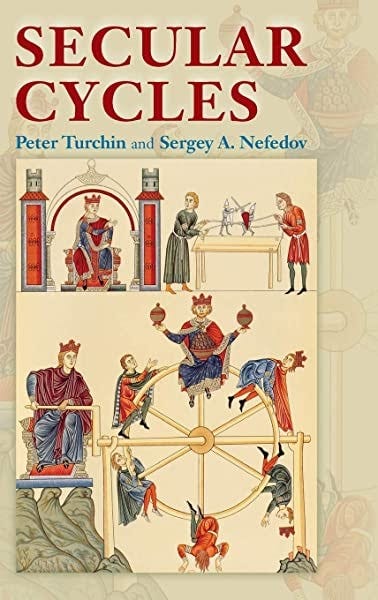






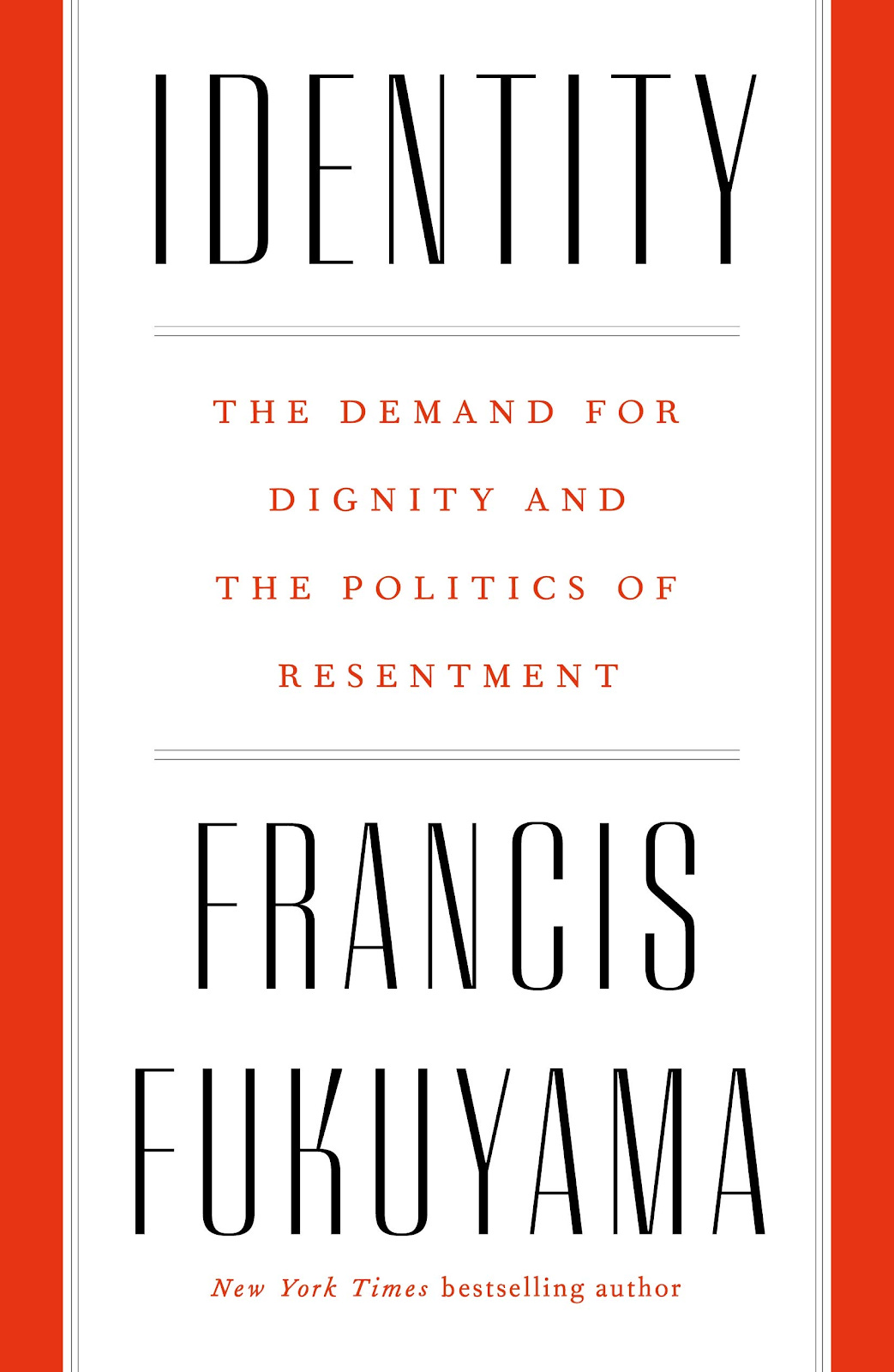
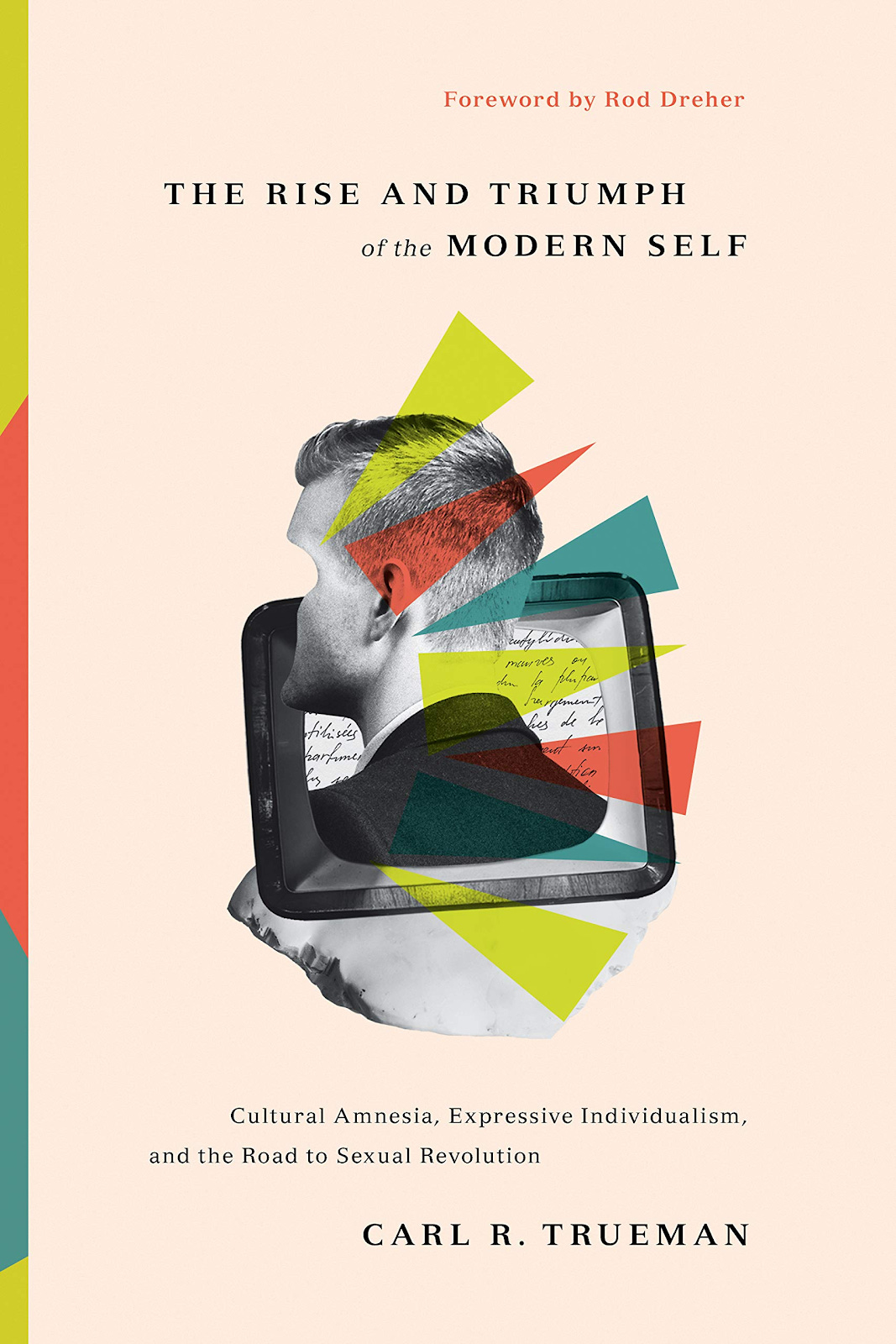


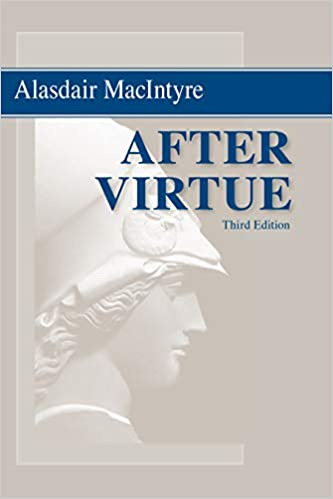









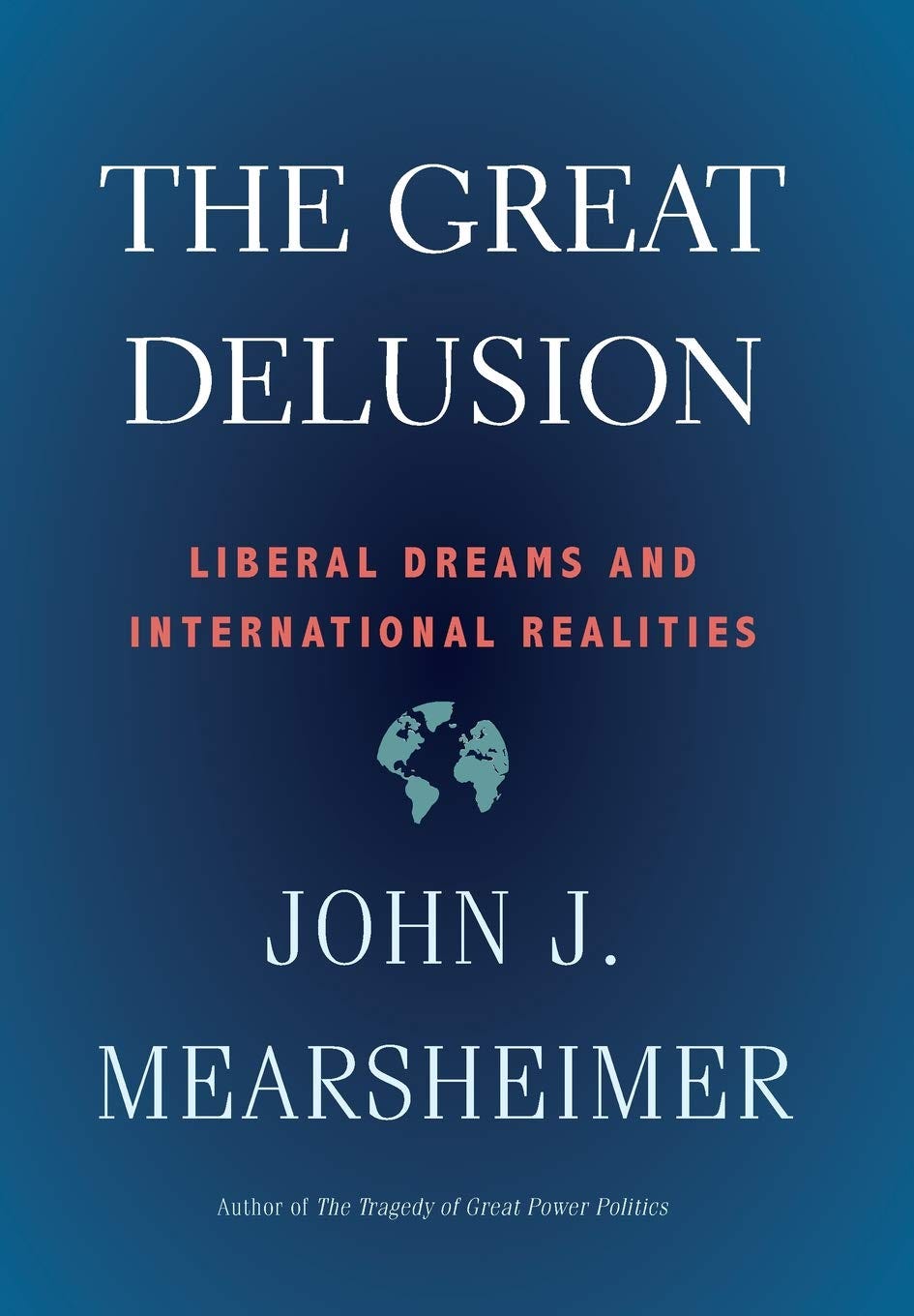


this is amazing. thank you Erik for doing this!
Erik, this was the most fun and interesting read I've seen in a while - thank you!